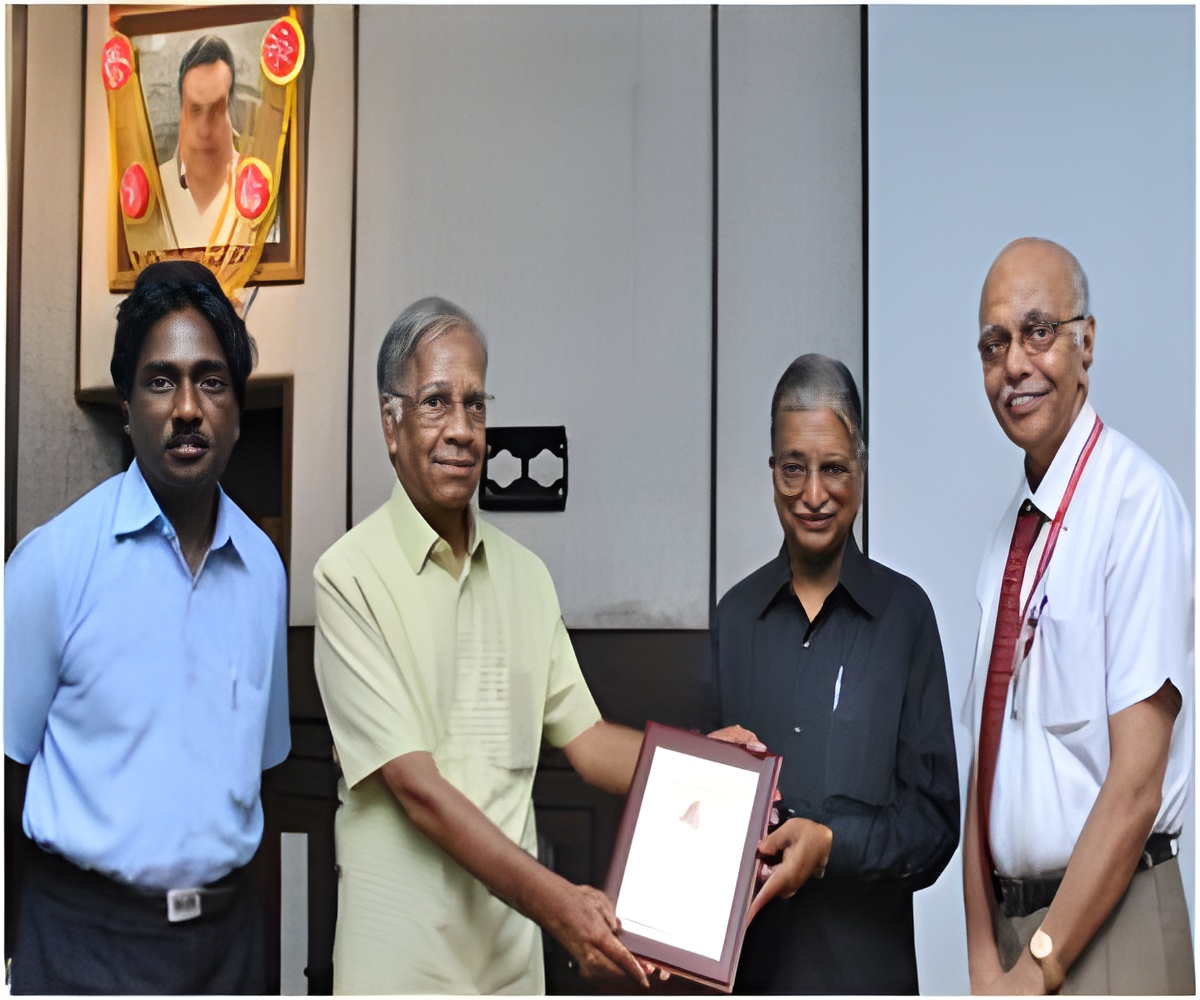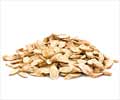Health benefits of Indian herbs and the need for scientific research to evaluate herbal principles were highlighted at the Madras Science Foundation’s lecture.
The health benefits of Indian
herbs and the need for scientific research to evaluate herbal principles formed
the crux of the Madras Science Foundation’s Dr.T.R.Govindachari Memorial
Lecture delivered by Prof. S.P. Thyagarajan, Pro-Chancellor (Research), Sri Ramachandra
University.
The lecture dwelt around Phyllanthus
amarus (traditionally known as “Kizhanelli”) whose
plant principles were subjected to extensive research and resulted in an
indigenous drug for the treatment of chronic jaundice, called Hepatitis-B. "Drug
from phyllanthus amarus is a major breakthrough because this is one plant that
has been scientifically evaluated in our country and is accepted the world
over. In India, there is a
wealth of information available in the traditional ayurveda and siddha branches
of medicine. But the problem is we have not bothered to study them scientifically,"
Dr Thyagarajan said. He got acceptance and support only after international
scientists, particularly Dr Baruch Blumberg, who won the Nobel Prize for
discovering the hepatitis B virus, accepted his findings.
Tracing a
commonality between Dr.T.R.Govindachari, father of natural products chemistry
research in India and Dr.S.P.Thyagrajan, Dr.M.Balasubramanyam, Secretary of the
Madras Science Foundation & Senior Scientist at the Madras Diabetes
Research Foundation said, “While Dr.Govindachari’s contributions resulted in
the marketing of ‘NEEMGOLD’, neem-based insecticide, Dr.Thyagarajan’s research
paved the way for the marketing of ‘VIROHEP’, an indigenous, cost-effective
drug for treating hepatitis-B.”
Source-Medindia
















